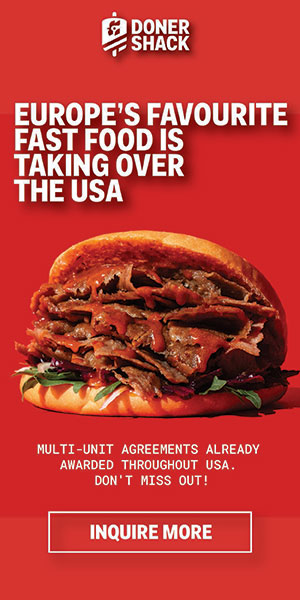How Do You Know When It's 'The End'?

We often hear the term 'planning with the end in mind' yet in business, we rarely know what 'the end' really means. As a franchisee working hard to grow your business, it may be difficult to think from an 'end game' perspective regarding what you ultimately want to do with the business when you wish to cut back on your time and commitment and retire. Does that mean selling out to another franchisee or investment group? Does it mean a management buyout? Are there family members involved (or potentially involved) in the business who may be capable of taking over? In any of these scenarios, how do you manage the process of preparing for the sale or transfer of ownership? Do you even know if and when you want to start cutting back or exiting the business?
All of these are legitimate exit strategies, yet most would believe that the last question must be answered first. The problem with that notion is that since most business owners do not know if or when they want to cut back or exit, they never start planning for that event. 'I'll think about that later...when I'm older...or closer to retirement', is a common sentiment. I could attempt to play life insurance salesman and ask, 'Yes, but what if something were to happen to you?'. Still, most of us go through life wanting to ignore the 'what ifs'. But what if (see, there is another one!) I told you that planning for your exit and/or succession will help your business thrive and drive the value of the business at the same time? In this scenario, it becomes a win-win regardless of what you wish to do with the business when you exit.
In planning discussions, we hear from many clients that believe long-range planning is no longer valid as markets move too quickly, they cannot anticipate economic cycles, market disrupters, or other factors that might impact their planning. While I understand the sentiment in some businesses, franchising may be viewed a bit differently. For example, while a recession reduces spending power and consumer confidence, past recessions have proven that people still eat out, they still get their cars repaired, and they still order floral arrangements. People are still willing to pay for convenience. New concepts may come and go but the strong ones, much like a good stock portfolio, will continue to grow over time. A franchisee may hold development rights for an agreed upon number of new locations which requires planning, financing, acquisition, and construction that outlasts short-term cycles. The bottom line is that if you ignore long-term planning, your likelihood of long-term success will be minimized in the long-haul as you become reactionary rather than proactive in business decisions.
Part of long-term planning for the company includes anticipating changes in management structure over time and part of that change includes you. We have worked with clients who say they never wish to retire. Obviously, at some point, it makes sense to turn over the reins and the good news is you don't have to set that time frame if you don't have a strong sense for when that may happen. You do, however, have a responsibility to the organization to prepare for your eventual exit.
David Weaver is an associate of The Rawls Group, a business succession planning firm. David focuses his work with owners and management teams specializing in strategic planning, business performance, management synergy, and teamwork. He helps identify areas that affect performance and culture-transforming managers into effective leaders. For additional information, visit www.rawlsgroup.com or call 407-578-4455
Share this Feature
Recommended Reading:
| ADVERTISE | SPONSORED CONTENT |
FRANCHISE TOPICS
- Multi-Unit Franchising
- Get Started in Franchising
- Franchise Growth
- Franchise Operations
- Open New Units
- Franchise Leadership
- Franchise Marketing
- Technology
- Franchise Law
- Franchise Awards
- Franchise Rankings
- Franchise Trends
- Franchise Development
- Featured Franchise Stories
| ADVERTISE | SPONSORED CONTENT |

$400,000
$150,000





 The multi-unit franchise opportunities listed above are not related to or endorsed by Multi-Unit Franchisee or Franchise Update Media Group. We are not engaged in, supporting, or endorsing any specific franchise, business opportunity, company or individual. No statement in this site is to be construed as a recommendation. We encourage prospective franchise buyers to perform extensive due diligence when considering a franchise opportunity.
The multi-unit franchise opportunities listed above are not related to or endorsed by Multi-Unit Franchisee or Franchise Update Media Group. We are not engaged in, supporting, or endorsing any specific franchise, business opportunity, company or individual. No statement in this site is to be construed as a recommendation. We encourage prospective franchise buyers to perform extensive due diligence when considering a franchise opportunity.